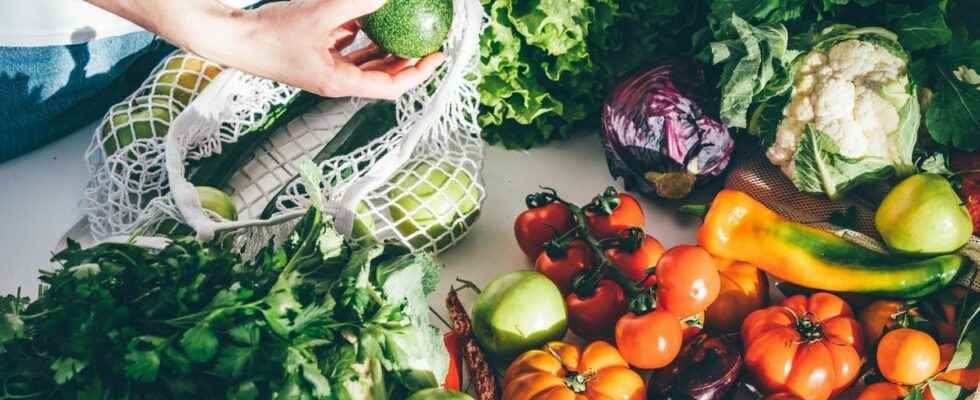Published on
Updated
Reading 1 min.
Researchers have developed a “psychobiotic” diet capable of reducing stress within a month in a healthy person. What is that ? How to adopt this diet? Doctissimo takes stock.
The “psychobiotic” diet to reduce stress: what does it consist of?
What are the impacts of food on mental health? Irish researchers from University College Cork have developed a psychobiotic diet, namely rich in prebiotic and fermented foods. To carry out their research, the specialists selected 45 healthy volunteers, aged 18 to 59. Their usual diet included little fibre.
Among this panel, 24 people followed a “psychobiotic” diet for four weeks. Each day, these volunteers had to include between 6 to 8 servings of fruits and vegetables – rich in prebiotic fiber – (onions, leeks, apples, cabbage), but also 5 to 8 servings of cereals and 2 to 3 servings of fermented foods. (kombucha, kefir, sauerkraut). On a weekly basis, participants were also required to consume 3 to 4 servings of legumes. The other volunteers followed a diet based on classic dietary recommendations for healthy eating.
Throughout the study, specialists collected data on stress levels and mental health using questionnaires. In addition, they analyzed stool to observe changes in certain chemicals produced by gut microbes.
NO to diets, YES to WW!
What do the study results say?
According to the results published in the journal Molecular Psychiatry, the psychobiotic diet resulted in a 32% reduction in perceived stress in participants. In addition, specialists have noted an improvement in the quality of sleep. Differences were also noted in gut microbiota.
Its positive effects for mental health are found in particular on the gut-brain axis. “Using microbiota-targeted diets to positively modulate gut-brain communication offers potential for reducing stress and stress-related disorders, but further research is needed to investigate the underlying mechanisms, including the role of the microbiota “conclude the researchers.
